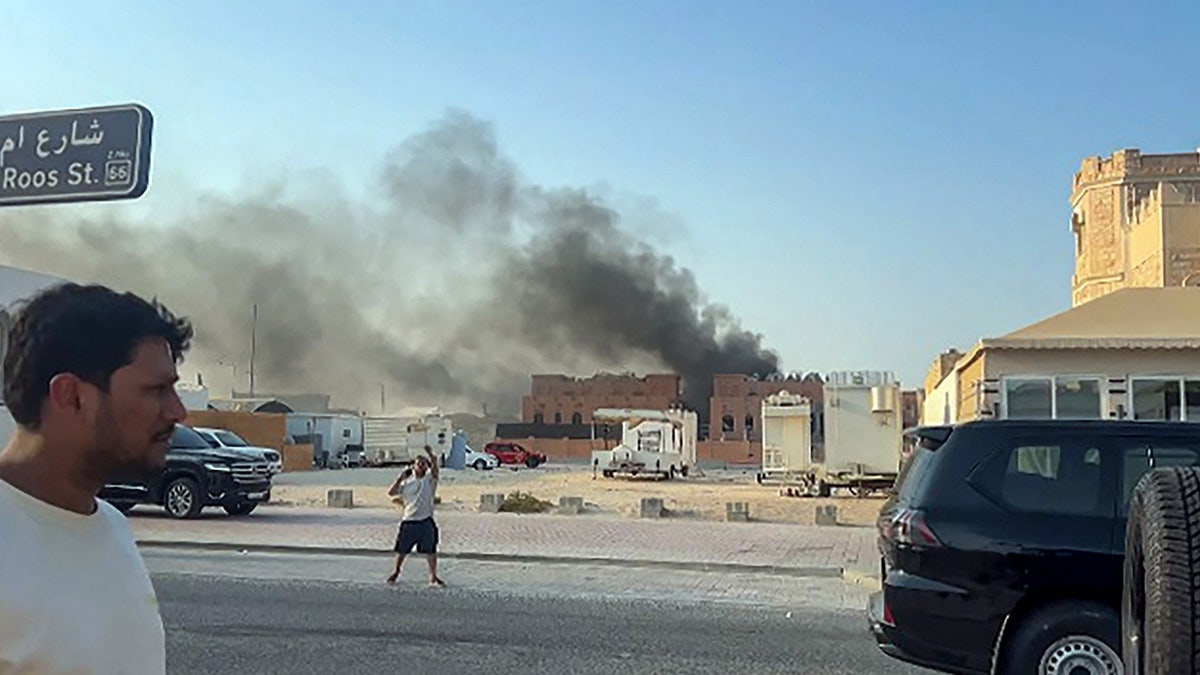Qatar Calls for Regional Retaliation Against Israel
Qatar has called for regional retaliation against Israel after an Israeli airstrike in Doha targeted Hamas leaders, marking a dramatic escalation in Middle East tensions and drawing widespread international condemnation.

Qatar's Prime Minister, Sheikh Mohammed bin Abdulrahman Al-Thani, issued a forceful statement on Tuesday following an unprecedented Israeli airstrike in Doha that targeted senior Hamas figures. The strike, which reportedly killed several individuals but missed its primary targets, marked the first time Israel has conducted a military operation on Qatari soil. In response, Al-Thani described the attack as "state terrorism" and a violation of Qatar's sovereignty, warning that his country "reserves the right to retaliate" and calling for a united regional response to what he termed "barbaric actions."
The airstrike targeted Khalil al-Hayya, a senior Hamas official involved in ceasefire negotiations, and Zaher Jabarin, a key figure in Hamas' financial operations and West Bank activities. While Hamas claimed its top negotiators survived, the attack resulted in the deaths of at least five individuals and sent shockwaves through diplomatic circles. Qatar, which has played a central role in mediating between Israel and Hamas, condemned the strike as a dangerous escalation and a direct threat to regional stability.
Regional and International Fallout
The incident has triggered a cascade of diplomatic repercussions. Iran's President Masoud Pezeshkian expressed full solidarity with Qatar, urging Muslim nations to unite against Israeli "crimes." Other regional actors, including the United Arab Emirates, reportedly took steps to distance themselves from Israel, with the UAE banning Israel from a defense conference following the strike. Canada and several European nations have also reassessed their diplomatic stance toward Israel in light of the attack.
The United States, a close ally of both Israel and Qatar, expressed strong disapproval of the Israeli action. White House press secretary Karoline Leavitt stated that President Donald Trump was informed of the impending strike only moments before it occurred and immediately directed his envoy to warn Qatari officials. The White House characterized the bombing as "unilateral" and "unfortunate," emphasizing that such actions do not advance American or Israeli interests in the region. Qatari officials, however, disputed claims that they were warned in advance, insisting the notification came only as explosions were already underway.
Implications for Diplomacy and Regional Security
The Israeli strike has cast a shadow over ongoing ceasefire negotiations and raised questions about the future of regional diplomacy. Qatar, long seen as a mediator in the Israeli-Palestinian conflict, now finds its role under threat. Former U.S. diplomats and regional experts have warned that the attack could undermine years of diplomatic progress and destabilize alliances critical to Middle East security.
Prime Minister Al-Thani's call for "retaliation from the whole region" signals a potential shift toward greater regional polarization. While Israel defended its actions as a necessary measure against terrorism, critics argue that targeting negotiators risks closing diplomatic channels and escalating violence. The coming days are likely to test the resilience of regional alliances and the prospects for renewed dialogue amid rising tensions.